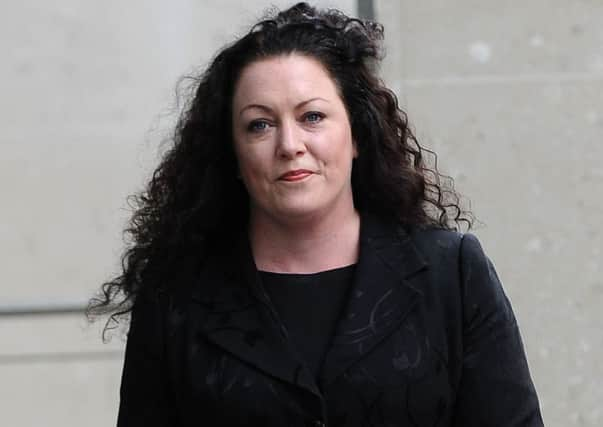Irish escort to challenge NI law outlawing paying for sex


In 2014 the Assembly voted by 81 to 10 in favour of the measure, which was brought forward by the DUP’s Lord Morrow in a bid to reduce sexual exploitation and trafficking.
Critics said it would have the opposite effect and drive vulnerable people further underground.
Advertisement
Hide AdAdvertisement
Hide AdIrish sex worker Laura Lee, who is based in Scotland, will today apply for a judicial review of the law, which she believes breaches her human rights.
The Department of Justice is the respondent in the case.
She said that working in Northern Ireland, which she does regularly, has become more dangerous since the law came into force in June.
“People are not willing to use online booking forms, not willing to divulge their details. Everyone suddenly became ‘John’,” she told the Guardian.
About 10 per cent of her regular clients decided to stop using her services due to the new law, she said, while the rest continue to come but feel very stressed.
Advertisement
Hide AdAdvertisement
Hide Ad“They’re afraid of being put under some form of surveillance; they worry.
“They ask: ‘Do you think you are being watched? Do you think the police will try to get the reg of my car?’.”
She advises clients that the PSNI would be too busy with more serious crimes to worry about them.
The PSNI have made several arrests to date but have so far declined to press charges.
Advertisement
Hide AdAdvertisement
Hide AdA DUP spokesman said: “The Human Trafficking Bill was passed by an overwhelming majority of MLAs. This issue is now before the courts, however, and we look forward to a speedy resolution.”
In 2014 the proposed offence was strongly opposed by Amnesty International, several Alliance MLAs, Justice Minister David Ford, QUB academic Graham Ellison and sex industry representatives.
It was supported by Women’s Aid, the Human Rights Commission and the Irish Congress of Trade Unions, with positive feedback from Belfast Health and Social Care Trust and qualified support from the PSNI.